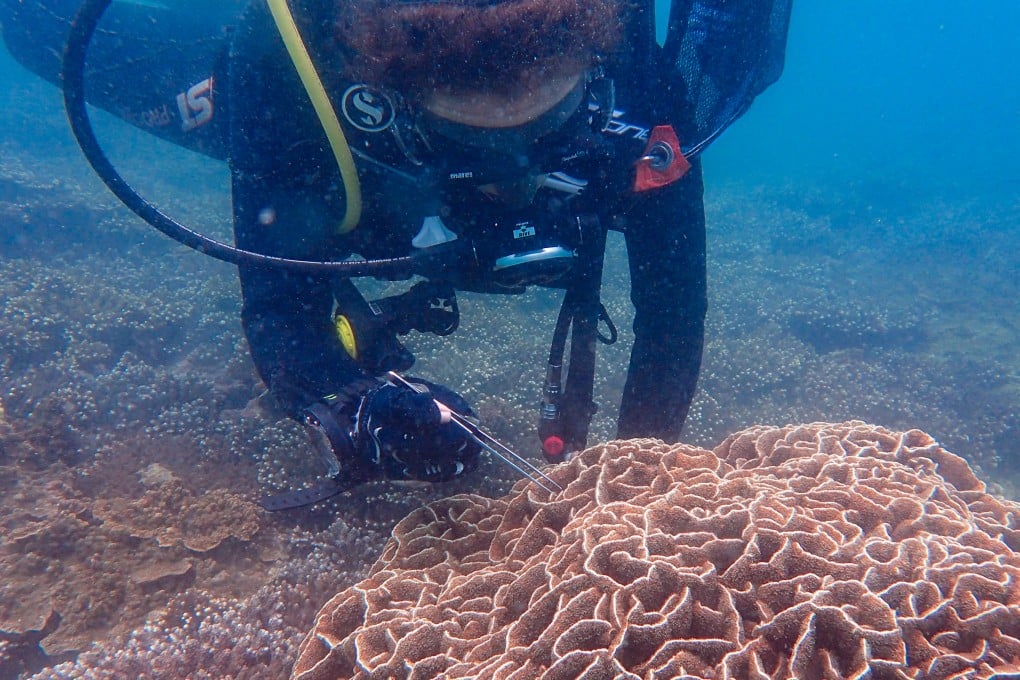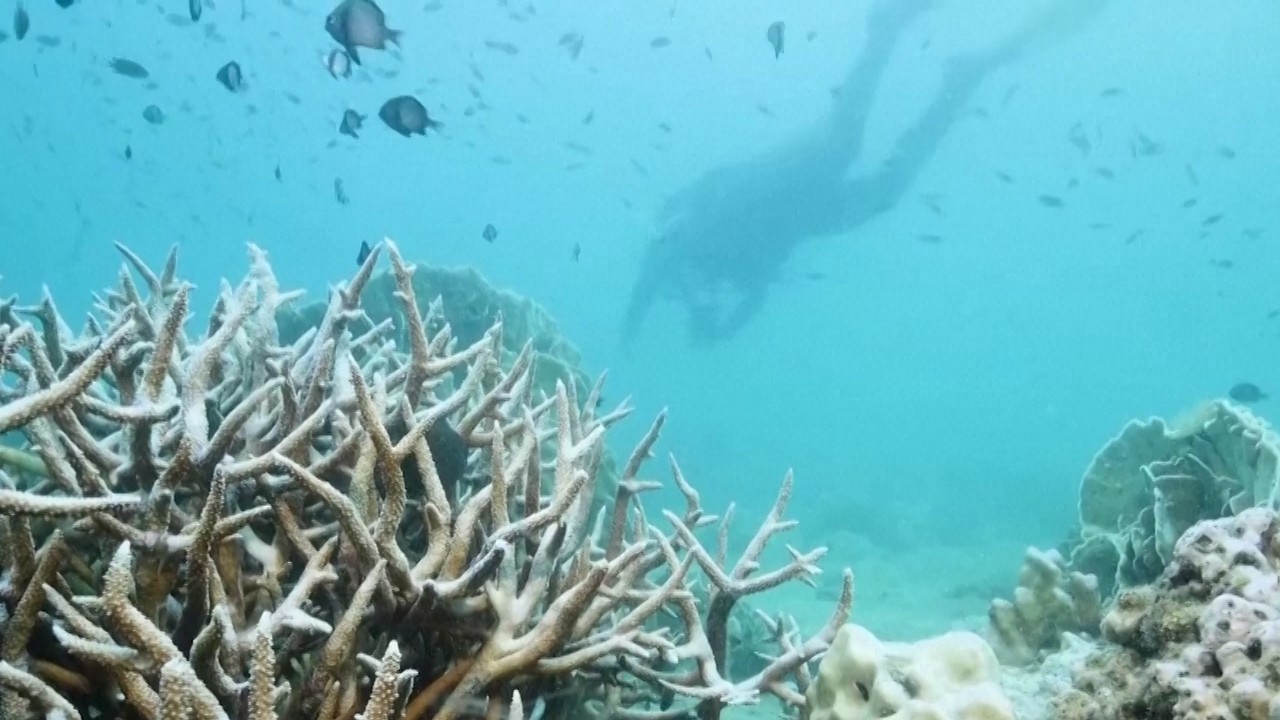Advertisement
South China Sea: scientists see China collaboration as crucial to saving marine life
Foreign researchers hope Swire Institute of Marine Science in Hong Kong will aid fieldwork amid tension over sensitive waterways
Reading Time:4 minutes
Why you can trust SCMP
0

Foreign marine science researchers in Hong Kong are working to exchange expertise and partner with scientists in mainland China amid geopolitical tension and restrictions on fieldwork in sensitive waters such as the South China Sea.
The marine science division of the University of Hong Kong hopes to nurture connections with institutes across the border with a new vehicle for collaboration, even though international researchers are being challenged and limited by strained US-China relations.
David Baker, interim director of the Swire Institute of Marine Science (SWIMS), administered by the HKU faculty of science, said the institute’s expertise in coastal ecology and biodiversity complemented mainland China’s focus on natural resources, fisheries, mariculture and open ocean processes.
“We are waking up from the Covid-19 slumber and ramping up our mainland activities to re-engage with old and new friends across the border because China’s national policy for ecological civilisation is just a perfect platform for us to make positive gains,” said Baker, an American marine ecologist who joined HKU in 2013.
The Swire Coastal Outreach Hub, a public education and outreach centre housed within SWIMS at the Cape D’Aguilar Marine Reserve, opened in late October under the banner of “Sharing Science to Save Our Seas”.
Advertisement
Select Voice
Choose your listening speed
Get through articles 2-3x faster
1.1x
220 WPM
Slow
Normal
Fast
1.1x
